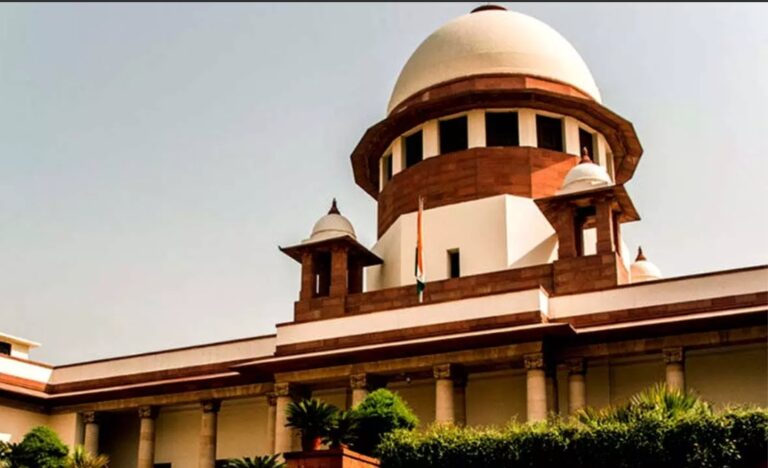The Supreme Court’s recent ruling in Authority for Clarification and Advance Rulings, Karnataka v. Skyline Construction & Housing Pvt. Ltd. (Civil Appeal No. 8318 of 2011, decided on 1 November 2025) has brought much-needed clarity to the issue of double taxation in works contracts under the Karnataka Value Added Tax Act, 2003 (KVAT).
The case revolved around whether principal contractors could be taxed on the value of work executed by registered sub-contractors, who had already discharged VAT on their portion of the contract. The verdict settles a long-standing controversy affecting builders, infrastructure developers, and contractors who often engage multiple sub-contractors for project execution.
By ruling that taxing both the main and sub-contractor on the same turnover is impermissible double taxation, the Supreme Court has reaffirmed a fundamental principle of tax law — that tax can be levied only once on each value addition, not twice on the same transaction.
This decision not only clarifies the position under the KVAT composition scheme (Section 15) but also carries conceptual significance for the GST regime, where preventing duplication of tax remains a cornerstone of the system.
Case Details
Case: Authority for Clarification and Advance Rulings, Karnataka v. Skyline Construction & Housing Pvt. Ltd.
Civil Appeal No. 8318 of 2011 | Decided on 1 November 2025
Background
Skyline Construction & Housing Pvt. Ltd., a registered dealer under the Karnataka Value Added Tax Act, 2003 (KVAT), undertook several works contracts. Part of these contracts was executed through registered sub-contractors.
The key dispute was whether payments made to such sub-contractors had to be included in Skyline’s taxable turnover for calculating composition tax under Section 15 of KVAT (for the period up to 31 March 2006).
Initially, the Authority for Advance Rulings (AAR) ruled against Skyline, holding that before 1 March 2006, there was no express provision allowing deduction of sub-contractor payments from the principal contractor’s taxable turnover.
High Court’s View
The Karnataka High Court overturned this finding. It reasoned that when a sub-contractor is a registered dealer and has already paid tax on its portion of the work, taxing the same value again in the hands of the main contractor would lead to double taxation — which the law does not permit.
Supreme Court’s Ruling
The Supreme Court dismissed the State’s appeal, upholding the High Court’s judgment.
The Court held that including payments to registered sub-contractors in the principal contractor’s turnover amounts to impermissible double taxation under KVAT.
Reaffirming the “accretion principle”, the Court explained that in a works contract, the property in goods used in construction passes directly from the sub-contractor to the contractee, not through the main contractor. Hence, taxing the same transaction twice — once in the hands of the sub-contractor and again in the hands of the principal contractor — is contrary to the scheme of the law.
Key Takeaways
- No double taxation: Payments to registered sub-contractors who have already paid VAT cannot be included in the principal contractor’s taxable turnover under KVAT.
- Applicable period: The ruling specifically covers the composition scheme under Section 15 of KVAT for periods up to 31 March 2006.
- Legal principle upheld: The decision reinforces the constitutional and doctrinal rule that tax should apply only once to each value addition.
- Practical impact:
- For the old VAT regime, principal contractors could claim deduction/exclusion for registered sub-contractor payments.
- Under the GST regime, while the mechanism is different (based on invoice and credit chains), the same principle applies — there should be no duplication of tax when a portion of work is executed by a sub-contractor.
What Taxpayers Should Do
Contractors should ensure:
- Their sub-contractors are registered and compliant.
- Tax has been properly paid by sub-contractors or GST credit is appropriately availed.
This ensures they are protected from unnecessary tax exposure and aligned with the principle against double taxation upheld by the Supreme Court.
In essence:
The Supreme Court’s decision in Skyline Construction reinforces a simple but powerful tax doctrine — the same value cannot be taxed twice. Whether under VAT or GST, the law respects the chain of value addition, not duplication.
